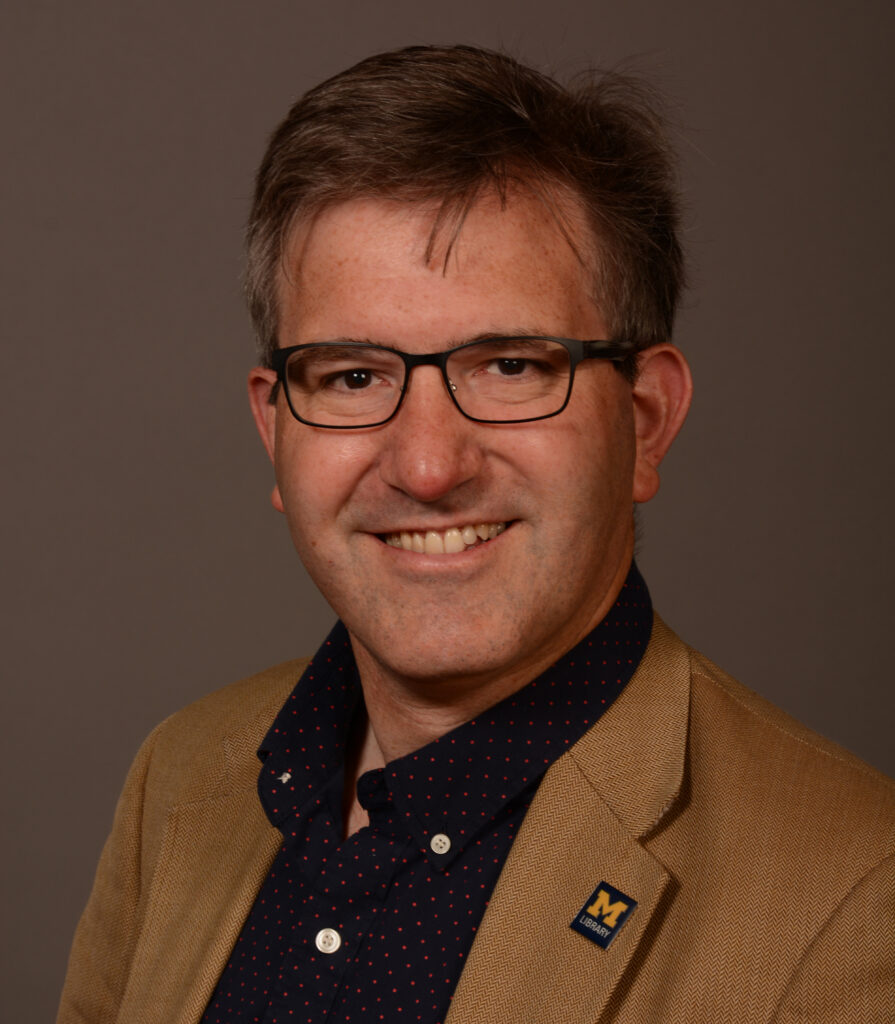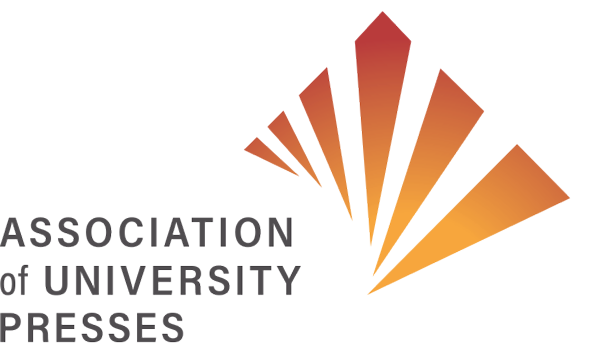Inaugural Presidential Message
Director, University of Michigan Press
June 2022

One of the great privileges of working in university press publishing is its collegiality. We’ve continued to experience this online throughout the first two years of this pandemic, but it’s particularly exciting to be able to tentatively travel again and meet with colleagues in person. Whether it is at the Financial Officers Meeting, the Annual Meeting, or an informal visit to a neighboring university press, every interaction is a reminder of both our common challenges and the diversity of the Association’s membership. While we’re all still learning how to maintain community in mingled remote/in-person environments, we’re much better now at managing hybrid modes of connection than we were in March 2020. And the ability to meet online enables the Association to provide more benefits for colleagues beyond the US and Canada. Building on the leadership of Lisa Bayer, possibly the most collegial person I’ve ever met, I’m keenly interested in working with Committee chairs this coming year to enrich the different sorts of human connections that the Association offers across all functional and strategic areas of our work.
Whether we like it or not, open access presents every university press with opportunities and challenges. 2023 will be the year of Open Science in the United States. Our authors’ interest in openness and sharing is growing, and substantial policy decisions are forthcoming in the UK and Europe that will have ripple effects across higher education internationally. Established by the Board in 2021, the Open Access Committee is doing important work to inform member strategies in both journal and book publishing. In Europe, funders are particularly concerned that “bibliodiversity” may be squeezed out by research funding decisions that reward scale and economy. University presses are characterized by their strong regional and disciplinary identities. They manifest exactly the sort of bibliodiversity that parent institutions and other funders need to support and celebrate. I’m particularly excited to advocate for smaller university presses as essential nodes in an infrastructure of support for the humanities and qualitative social sciences. This support includes a growing sophistication in publishing new forms of digital scholarship, ensuring these outputs retain the high caliber that is at the heart of our mission.
Amidst the busy everyday work of cultivating and disseminating knowledge, we risk losing momentum in evolving the climate and culture of our organizations. Our Association’s commitment to equity, justice, and inclusion (EJI) needs to be constantly reinforced and expanded. I’m particularly excited about the work that is being done across the Association to create structural change that will endure. This ranges from the focus of the Editorial, Design, and Production Committee on improving the accessibility of university press publications, through the work of the Acquisitions Editorial Committee on reexamining the role of peer review, to the establishment of tools to understand the diverse identities of our authors and staff members by the EJI Committee. I particularly look forward to seeing the Career Progression Task Force reach its initial goal this coming year with the establishment of a database of template position descriptions that can complement the Association’s Compensation Survey. Clearly articulating the skills it takes to enter and progress through our industry should help clarify roles and responsibilities and make advancement feel less random.
I had the good fortune to serve on the Board that appointed our indefatigable Executive Director, Peter Berkery, in 2013. Under his inspired leadership and through the dedication of a talented group of staff members, the Association of University Presses has advanced so much over the last decade. The works our member organizations publish are more widely read than ever, and our colophons signal trust and integrity around the world in an environment where both are under threat. Take a look at a map of the Association’s ever-growing membership, and you will see pins of light connected in a network of our shared values—truly the “global knowledge ecosystem” that we celebrate in our vision statement. I am honored to work with all of you to advance that vision.
